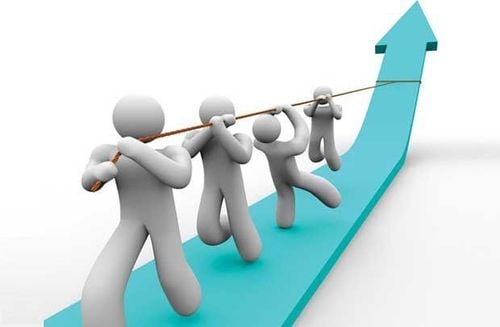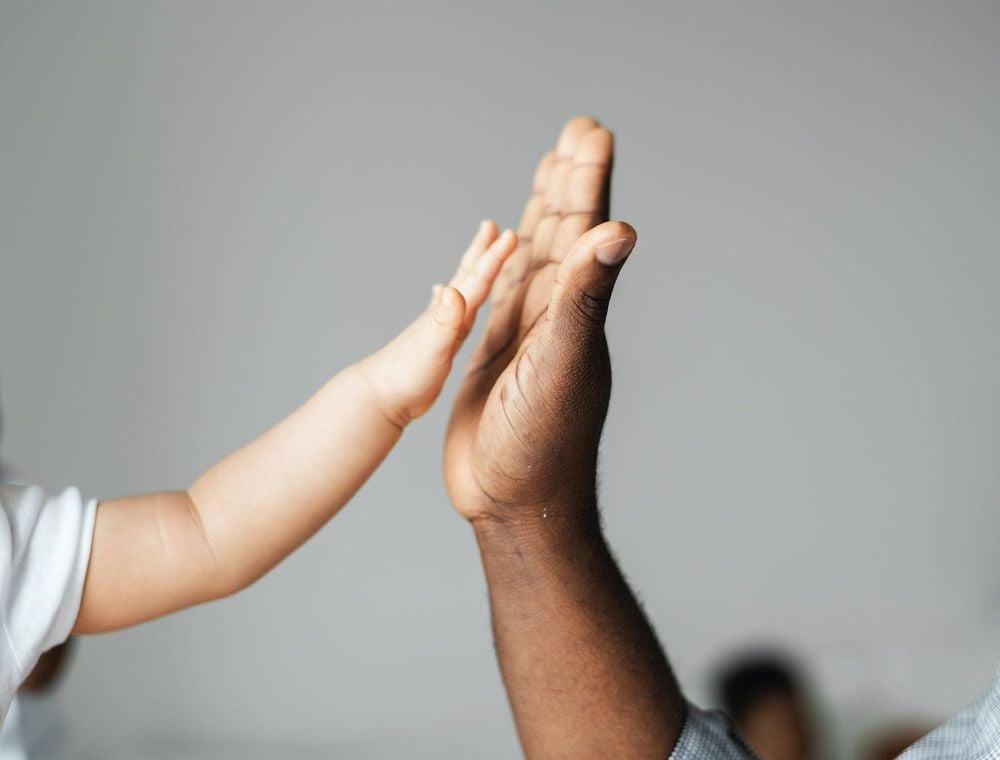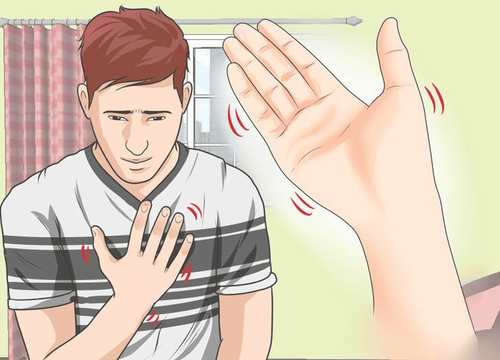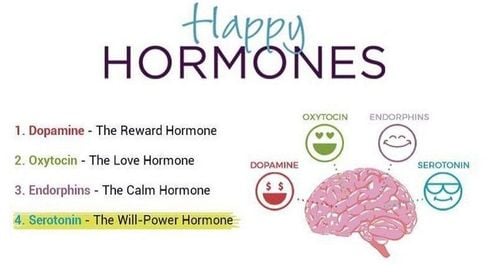This is an automatically translated article.
Attachment to someone has a huge impact on a person's mental and physical health. Sometimes, emotional attachment can build healthy relationships that make you feel more comfortable and secure around them.
1. Is the feeling of attachment to someone the same as love?
Attachment to someone is a feeling of closeness and affection that helps you maintain meaningful relationships that last over time. Attachment also plays a very important role in human connections.
The first strong bond is formed between you and your parents, as well as other family members. Attachment then develops over time between you and your friend or romantic partner later in life.
Healthy relationships are built on emotional attachment between people even without any romantic or sexual attraction interfering. In fact, being attached to someone can make you feel safe, happy, comfortable, and even euphoric when you're around them.
Therefore, according to experts, love and attachment are not exactly the same. A lasting love is based on a healthy attachment to flourish over time. However, without the bond, you may sometimes feel the urge to seek out a new partner when the first intense feelings of love have faded. Oxytocin – a hormone that promotes attachment and trust, contributing to the development of long-lasting feelings between people. In other words, this hormone helps propel you through the early stages of attraction and desire, and then into healthy relationships.
In love, there are many hormones involved in the arousal in the early stages of a romance, contributing to the desire, euphoria or tension that most anyone experiences when falling in love. . The intensity of these feelings usually fades over time, but the attachment to someone still exists, helping you feel secure and secure, and promoting lasting feelings of love.

Các mối quan hệ lành mạnh được xây dựng dựa trên sự gắn bó về mặt tình cảm giữa người với người
2. How does attachment affect human health?
According to many studies, emotional attachment can help improve people's health. Attachment has a positive effect on your mental and physical health if it helps you build healthy relationships.
The emotional bond between a loved one, friend or lover can help you feel more comfortable and secure, thereby preventing conditions such as depression or anxiety. In addition, a long-term attachment to someone also contributes to the promotion of positive emotions, helping you to move towards good habits in life and secreting happiness hormones.
Building healthy relationships based on attachment can help you form good habits like regular exercise, eating right, and less substance abuse. This also significantly reduces the risk of chronic diseases such as heart disease, type 2 diabetes, obesity or high blood pressure.
3. When does attachment become toxic?
Emotional attachment can sometimes become too strong and more dependent on emotions. This dependence can negatively affect your relationships and happiness.
Here are the warning signs that your attachment level is becoming toxic or unhealthy:
You rely entirely on your partner's approval If you struggle with self-affirmation and self-esteem Believe me, you can see your worth through the other person's point of view. In an unhealthy tie-up, your sense of self-worth can depend entirely on your partner.
When you disagree or there is a conflict, this can disrupt your perception of yourself. You may believe that your partner hates you and no longer meets your emotional needs. As a result, you are the one who gets hurt, feels empty, anxious, depressed and even has low self-esteem.
These negative emotions will persist until the other person takes some action to show that they still care about you, such as giving a gift, or giving a compliment,... This can become This can be a dangerous move, as toxic people can use abuse as an excuse, deliberately manipulating your needs and emotions to control the relationship, thereby making you dependent on them.
You've Lost Your Sense of Self When you believe you need to be attached to someone and can't live without them, you yourself will do whatever it takes to secure your love and support. their permanent household. Little by little, you will begin to modify your habits, behaviors, and preferences until they work for your partner.
However, the end result is not what you want. The relationship you're looking for can turn unhealthy, even causing you to lose sight of who you really are. Therefore, maintaining your own hobbies is just as important as sharing with friends to build healthy relationships.
You don't know what to do without your partner Depending on others to meet your needs often makes life more difficult for you. Sometimes attachment to someone can develop for this reason.
When we don't feel safe, accepted or loved, we tend to turn to someone who can bring comfort, reassurance and help us feel less lonely. However, relying too much on others for emotional support can leave you at a loss for what to do without your partner.
Your fear of losing your last name can become so strong that it shows wrongdoing, such as digging into their past or continuing to follow your partner's daily activities on social media .
Unbalanced Relationships Healthy relationships need balance and independence. Independent relationships often only reach out for help when they are in real trouble, but dependent relationships tend to always ask for help instead of trying to solve the problem alone.
In an unbalanced relationship, one person often turns to another person for emotional support, but they often don't get much in return. If the other person is constantly providing support but not getting what they need, they will become frustrated and exhausted.

Tình cảm gắn bó có thể giúp tăng cường sức khoẻ của con người
4. How to break an emotional attachment to someone?
If you think your attachment to someone is unhealthy, there are a few options you can take on yourself to deal with the problem.
First, you need to consider the underlying reasons behind your close relationship, such as:
You are afraid to be alone. You feel insecure and empty when you're not in a relationship. You have a vague sense of self. Once you have identified these basic triggers, next start working on the following solutions:
Take time for self-discovery, helping you reconnect with your personal identity. Make time to do the things you love, making alone time more rewarding instead of fearing loneliness. Work to build and strengthen healthy relationships with family and friends that help you feel more secure. In cases that are difficult to resolve on your own, you can seek help from a mental health professional. In the form of therapy, you can learn skills to make relationships healthier, learn and have a stronger sense of self, discover strategies to help meet your unique needs .
Please dial HOTLINE for more information or register for an appointment HERE. Download MyVinmec app to make appointments faster and to manage your bookings easily.
Reference sources: webmd.com, healthline.com












